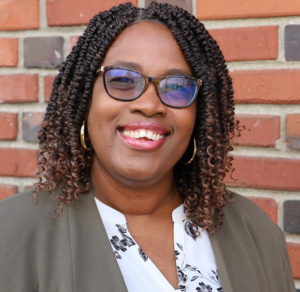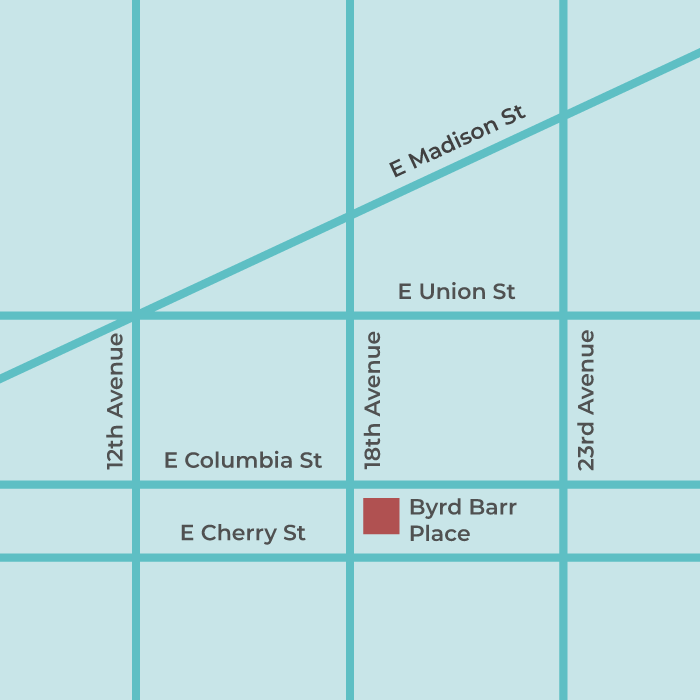In honor of Women’s History Month, it’s crucial to shine a spotlight on the often-overlooked experiences of Black women in the workforce. Despite their incredible contributions, Black women face unique challenges — from getting paid significantly less than their white male counterparts to navigating the land mines of racism and patriarchy on the way to executive leadership. As we commemorate the achievements of women throughout history, let’s take a moment to recognize and address the systemic barriers that Black women continue to face in the workplace.
The Wage Gap: A Persistent Injustice
Despite working hard and often serving as the primary breadwinners for their families, Black women are paid only two-thirds of what white men are for the same roles. This glaring wage gap not only perpetuates economic inequality but also undermines the financial stability of Black families and communities.
In working toward financial stability, Black women often face both racial and gender discrimination in the workplace, which can result in lower wages, fewer promotions, and limited access to benefits and job security. Unfortunately, few employers review and report on pay and promotion by race and gender, while employment practices, like looking for “cultural fit,” continue to produce racist outcomes.
Closing this wage gap requires a concerted effort to dismantle systemic racism and promote pay equity for all women, regardless of race or ethnicity. Normalizing pay transparency, adjusting salaries of Black women who are underpaid, and reflecting emotional labor in salaries are steps toward equitable opportunity.
Breaking the Glass Cliff: Black Women in Executive Leadership
In addition to facing economic inequality, Black women also encounter significant obstacles on their journey to executive leadership. Black women often experience a phenomenon known as the “glass cliff,” wherein they are disproportionately appointed to leadership positions in times of crisis or instability without any support. This trend not only perpetuates tokenism, but it also doesn’t enable success.
It is important to address the barriers that prevent Black women from attaining and retaining top level positions in organizations. Companies frequently demand assimilation, instead of shifting work cultures to embrace Black women leadership. Furthermore, explicit and implicit bias, as well as institutional gatekeeping are often embedded in work policies and practices.
By implementing strategies, such as offering mentorship programs and leadership coaching, or intentionally creating work environments inclusive and supportive of diversity, organizations can cultivate the next generation of Black female leaders. A pivotal asset in my mobility along the career ladder from mid-level to executive leader was access to an executive coach, who supported me in visualizing and actualizing my leadership potential.
Towards Equity and Inclusion: Strategies for Change
As the leader of Byrd Barr Place, I’m committed to closing the compensation gap and supporting Black women in leadership roles. In my first six months of leadership, I’ve advocated for the financial resources to increase staff salaries to the midpoint range identified through an annual compensation analysis. I also have ongoing opportunities to provide mentorship and coaching support to Black women, including members of our staff team, board, and community partners.
As we begin the process of developing a new strategic plan, I can also see that Byrd Barr Place has the potential to invest in initiatives that empower Black women, in ways that create a more equitable future for all. For example, we can build networks and support systems within communities to provide mentorship, advocacy, and resources for Black women navigating the labor market and advancing in their careers. We can also be a conduit for educational and training opportunities to help Black women develop the skills and qualifications that will improve their prospects for higher-paying jobs and career advancement.
Join Us in Building a Bold Future
As we celebrate Women’s History Month, let’s recommit ourselves to the fight for gender and racial equality. By supporting organizations like Byrd Barr Place and investing in initiatives that uplift Black women, we can create a more just and inclusive society for future generations. Together, we can build a bold future where all women have the opportunity to reach their full potential. Join us in this vital mission and be a part of the change we wish to see in the world.
This blog was written by Byrd Barr Place CEO, Dr. Angela Griffin in March 2024.



